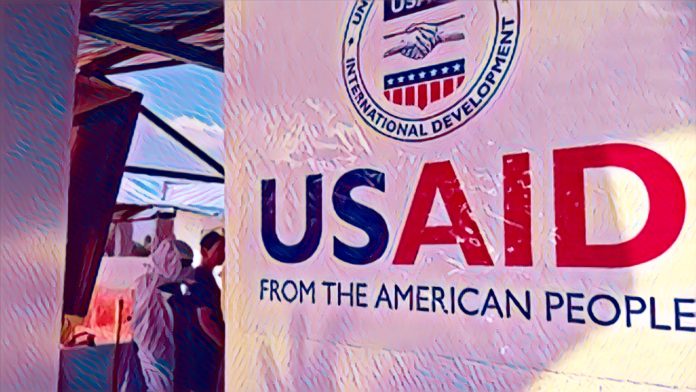KEY POINTS
- Nigeria plans to adopt 28,000 health workers after United States foreign aid changes occur.
- Government allocates ₦4.5 billion for HIV treatment packs.
- Pate recommends that Nigeria should cut its dependency on foreign aid while developing internal financing mechanisms.
The Nigerian government intends to finance 28,000 health workers who received payments from the United States Agency for International Development (USAID) as the U.S. changes its foreign aid allocation.
The decision to take control of health workforce funding was confirmed by Health and Social Welfare Coordinating Minister Ali Pate who focused on building domestic healthcare administration.
USAID funding delays led Nigeria to paying salaries for 28,000 health workers
A decision made through executive order by former U.S. President Donald Trump cut down funding for HIV treatment in developing nations which affected President’s Emergency Plan for AIDS Relief (PEPFAR) and other programs. PEPFAR offers global HIV treatment benefits to 20 million people while providing healthcare treatment to 566,000 Nigerian children.
The funds’ disbursement freeze by the U.S. Department of State did not stop HIV treatment because a waiver from the United Nations Joint Programme on HIV/AIDS enabled the provision of care to all affected individuals.
Through a funding allocation of ₦4.5 billion from the Federal Executive Council (FEC) Nigeria will obtain HIV treatment packs to assist its citizens.
Reducing reliance on foreign health funding
The current private spending on healthcare surpasses government spending which constitutes only 30 percent of Nigeria’s health expenditure portfolio that falls under 70 percent.
Pate emphasized that the country depends heavily on foreign medical supplies since pharmaceutical products equal seventy percent and medical equipment amount to ninety-nine percent are imported.
Under the leadership of Tinubu the government intends to grow homegrown healthcare financing and decrease international assistance for healthcare. Our nation possesses all the capabilities needed to manage itself and we strongly commit to that responsibility.
Pate declared that Nigerian healthcare stands on its own without any begging despite receiving foreign assistance.
The Nigerian government also plans to adopt 28,000 health workers under its payroll through a long-term approach to build stronger healthcare infrastructure across the country.



